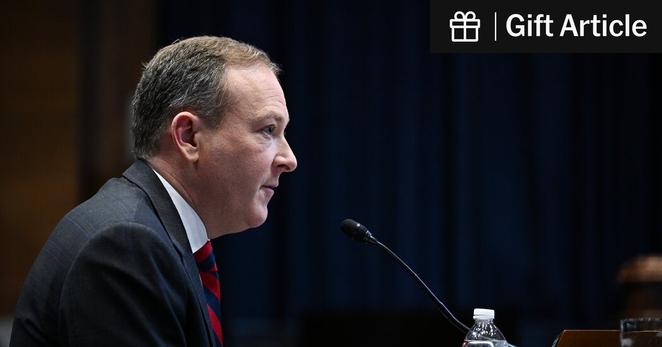The thing about a life-logger, is you input sensitive data about your life, lifestyle and activities, so privacy and data-integrity are some of the most important issues.
There can be no server, the data has to be yours and yours alone. Because you can’t tell what is happening to the data in a closed-source app, it must be completely free and open source.
You can’t trust a corporate diary, they must sell to anyone offering enough money.
So it is with my life log app, all data completely in your own device. No home server ever sees anything.
There is no home server. Just the code.
To achieve this Exocortex Log is a Progressive Web App. It downloads when you are online at the website and can be installed onto the homepage of your phone.
It keeps all data on the local device using indexdb.
This means you must be responsible for your own backups. Be sure to export and back up your data regularly. I have gaps in my ten year record where my phone was stolen and most recent backup was months prior.
Once installed it will work offline, airplane mode, no internet, down in the tube station at midnight, anywhere.
There's a blog on the website saying this and more: https://exocortexlog.com/news/articles/2025-12-06-release/




